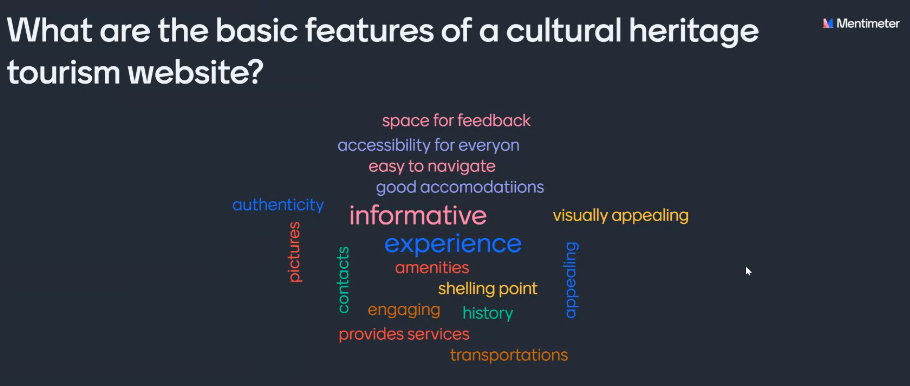More than 30 participants attended this meeting in the village of Fâchin, and a special focus was dedicated to the pilot project conducted by Bibracte within the framework of INCULTUM
Text Flore Coppin, picture courtesy of Bibracte.
On 14 December 2022, Bibracte organised the end-of-year meeting of the 12 village communities involved in the Grand Site de France label. More than 30 participants attended this meeting in the village of Fâchin, including elected representatives, partners of the label, members of the Grand Site de France working groups, representatives of French hiking federation, the area’s tourist offices, etc. During this session, a special focus was dedicated to the pilot project conducted by Bibracte within the framework of INCULTUM.
A review of the year 2022 was presented by the INCULTUM coordinator at Bibracte, and the representatives of the tourism and agriculture working groups introduced their actions carried out in synergy with the project.
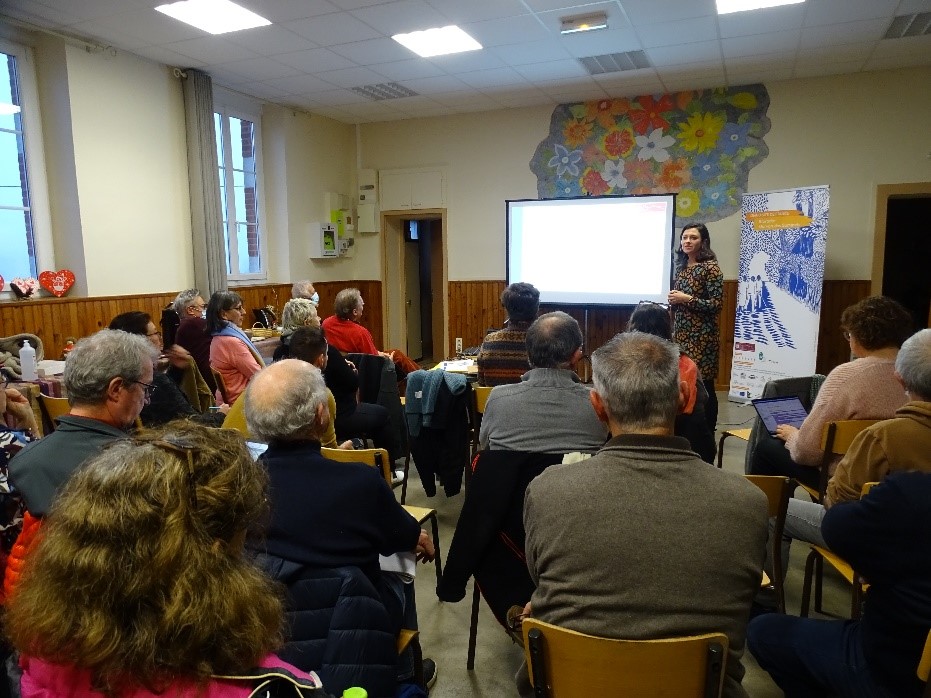
photo courtesy Bibracte, December 2022
Between October and December 2022, a survey was carried out by the INCULTUM coordinator and a sociologist to qualitatively assess the impact of the pilot project’s actions among the members of the Grand Site de France’s rural paths working group. This survey was also a way to brainstorm on the strategic orientations of the pilot. Interviews were carried out in the 12 villages with around 30 members of the working group. It confirmed the relatively good satisfaction of the members and enabled us to identify priority areas for action in the coming months.
In 2022, the emergence of the heritage community around the rural paths was thus confirmed by the mobilisation and awareness through its various actions (inventory of the paths network, cultural events, working groups, etc.) of more than 400 inhabitants of the territory. The reactivation of the Common of the rural paths confirmed the collective awareness of this shared heritage and the will to put in place management rules and sustainable means to ensure its preservation, in particular via the construction of a shared management plan.
During the meeting, the main milestones of the 2023 action plan were presented by the three above-mentioned working groups leaders:
Management of the common heritage:
- Co-construction of a management plan for the common heritage of rural paths in order to anchor the management of the heritage in Municipal Councils. Objective: finalise the inventory of the network of paths and list the priority paths. This shared management plan will integrate the landscape and heritage issues of the Grand Site de France label. At the level of the working group, the aim will be to create a platform for sharing good practice and pooling resources and tools.
- Organisation of a second session of the summer heritage workcamp at Bibracte in August 2023 as a continuation of the work begun in 2022
Tourism project:
- In October 2022, teams from the Morvan Regional Nature Park carried out new technical checks on the new cultural route developed within INCULTUM. Technical and safety recommendations were sent to the 12 villages to improve the itinerary, their implementation will condition the launch and the promotion of the route in the coming weeks.
- Work on the homologation « Grande Randonnée de Pays » label with the French Hiking Federation
- Development of a marketing plan and communication tools through participatory methods with the stakeholders and the other working groups
- Organisation of trainings and eductours for tourism stakeholders
- Launch of the Evalto 2023-2024 survey by the Bibracte tourism observatory
Animation of the heritage community:
- In 2022, 6 themed walks were organised in 7 of the territory’s 12 villages, mobilising more than 300 participants: inhabitants, visitors and members of the heritage community
- The 2023 programme of the heritage community will be discussed at a meeting of representatives of the 12 villages with the partner association CHEMINS on January 27th 2023
In 2023, the three multisectoral working groups will intensify their collaboration with a view to consolidating the service offer in the destination. This service offer currently has indeed a certain weakness, particularly in terms of satisfying the itinerant hiking market segment: few dedicated accommodation facilities, lack of small-scale catering facilities, problems of access and mobility.
In this respect, the work of the agriculture working group and its future economic and environmental interest group (a French Ministry of Agriculture mechanism designed to promote the organisation of agricultural players around collective sustainable projects), with the creation of connections between the agricultural economy and the local economy (farm reception, short sales, etc.) – will be one of the main areas of work for the Bibracte pilot project in 2023.


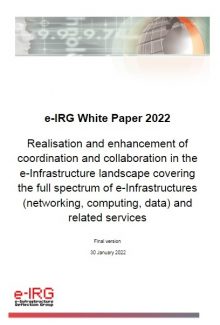
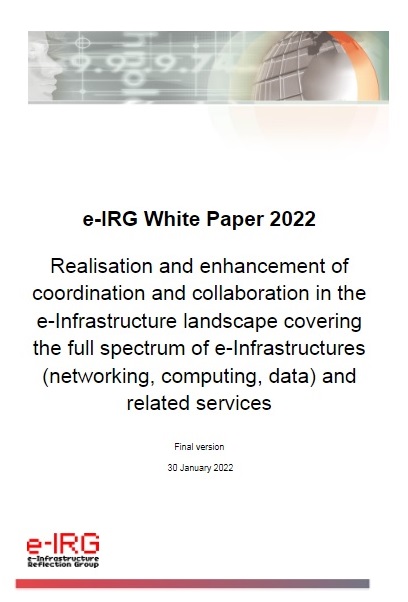 The e-IRG White Paper 2022 addresses the coordination and cooperation among European e-Infrastructures and takes further the series of e-IRG policy documents. Since the introduction of the e-Infrastructure Commons in the e-IRG Roadmap 2012, some progress has been made towards an integrated e-Infrastructure landscape, most notably with the implementation of the European Open Science Cloud (EOSC) and the federation of generic (horizontal) and thematic (vertical) services from e-Infrastructures and Research Infrastructures accordingly.
The e-IRG White Paper 2022 addresses the coordination and cooperation among European e-Infrastructures and takes further the series of e-IRG policy documents. Since the introduction of the e-Infrastructure Commons in the e-IRG Roadmap 2012, some progress has been made towards an integrated e-Infrastructure landscape, most notably with the implementation of the European Open Science Cloud (EOSC) and the federation of generic (horizontal) and thematic (vertical) services from e-Infrastructures and Research Infrastructures accordingly.
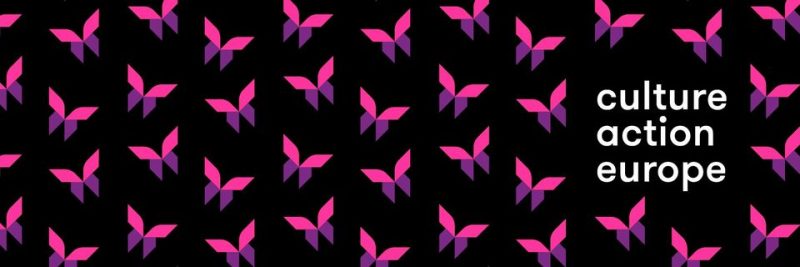 Culture Action Europe (CAE)
Culture Action Europe (CAE)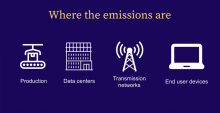
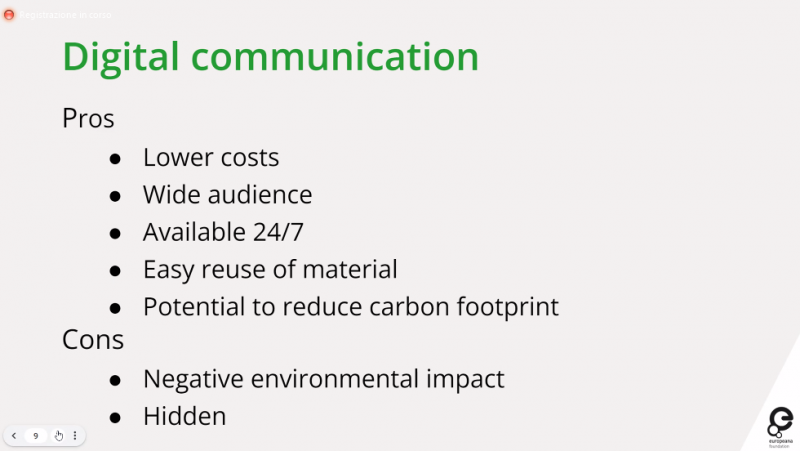
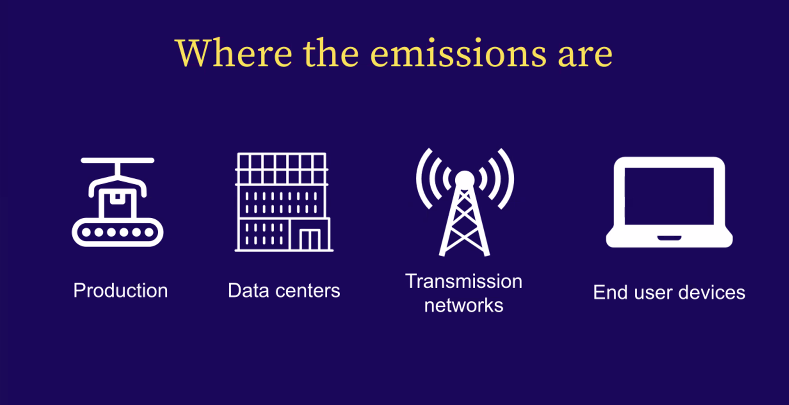
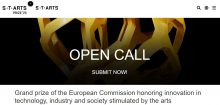
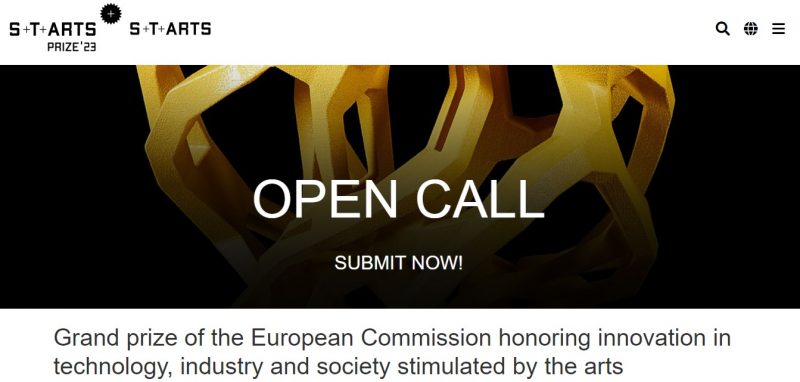
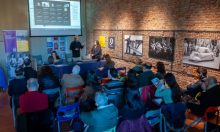
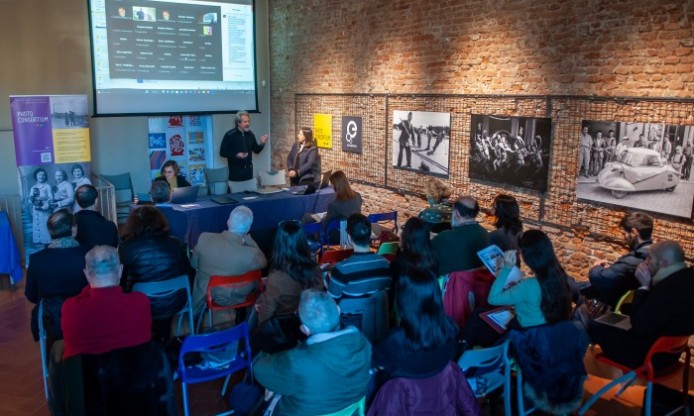
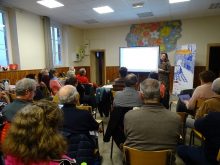

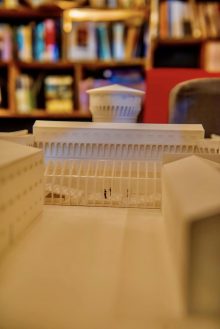
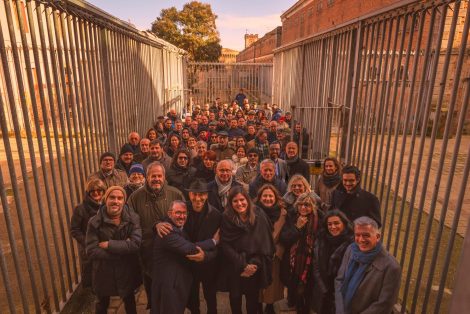
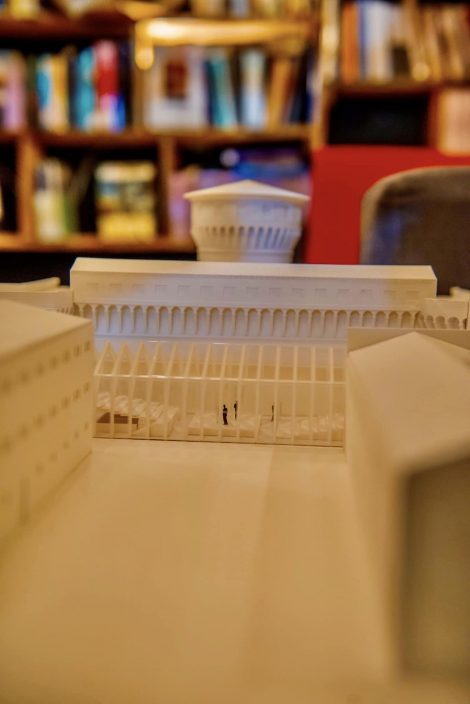
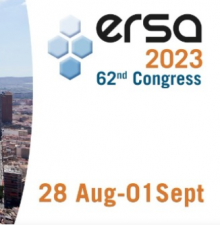
 From 28-08 to 01-09 in Alicante takes place the important
From 28-08 to 01-09 in Alicante takes place the important  The concept of the session is presented
The concept of the session is presented 
